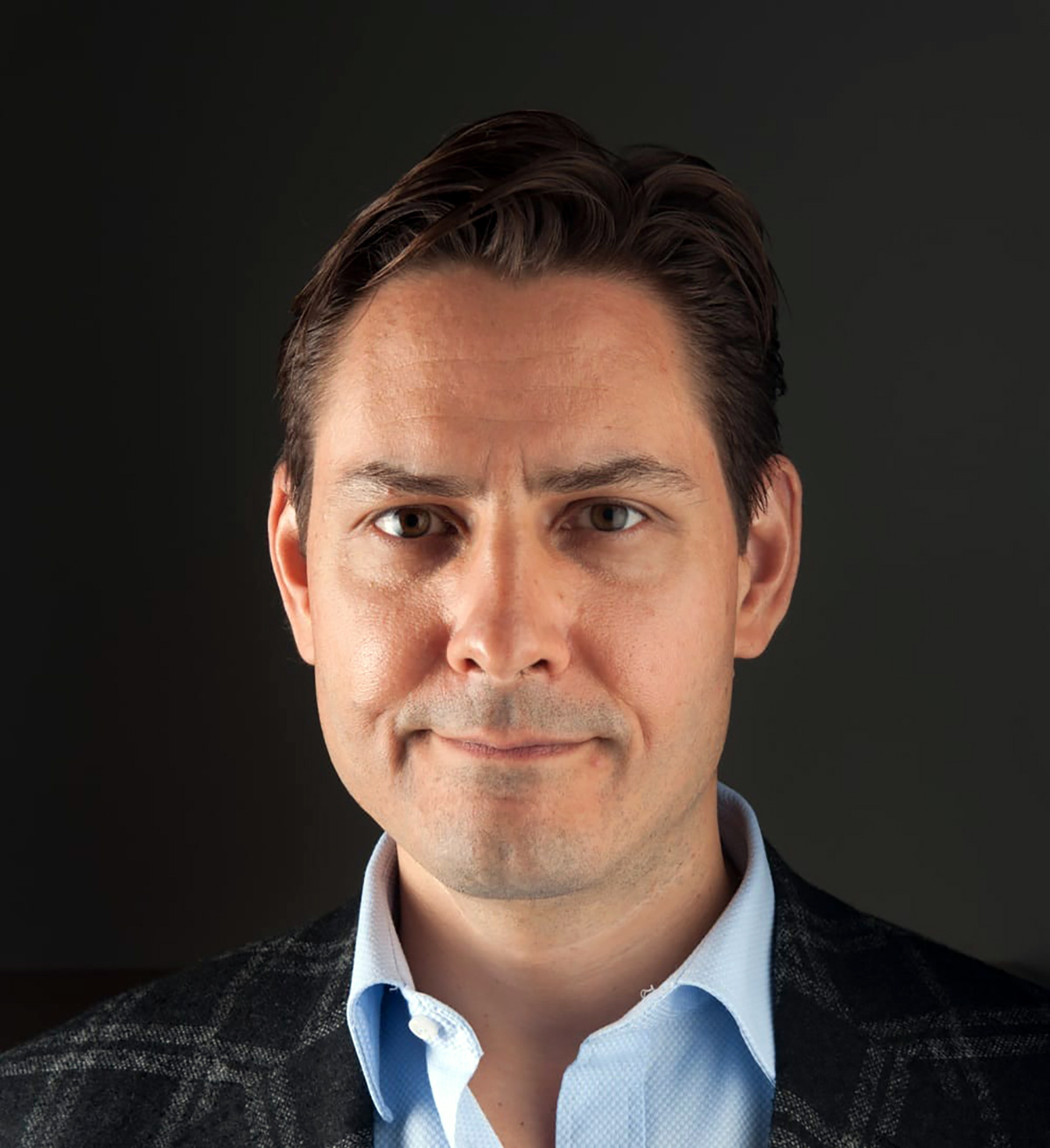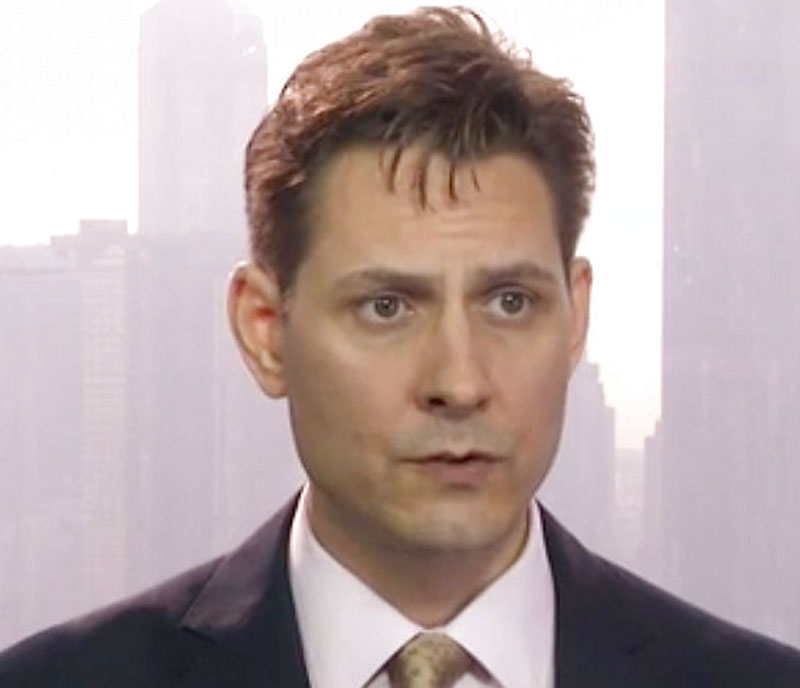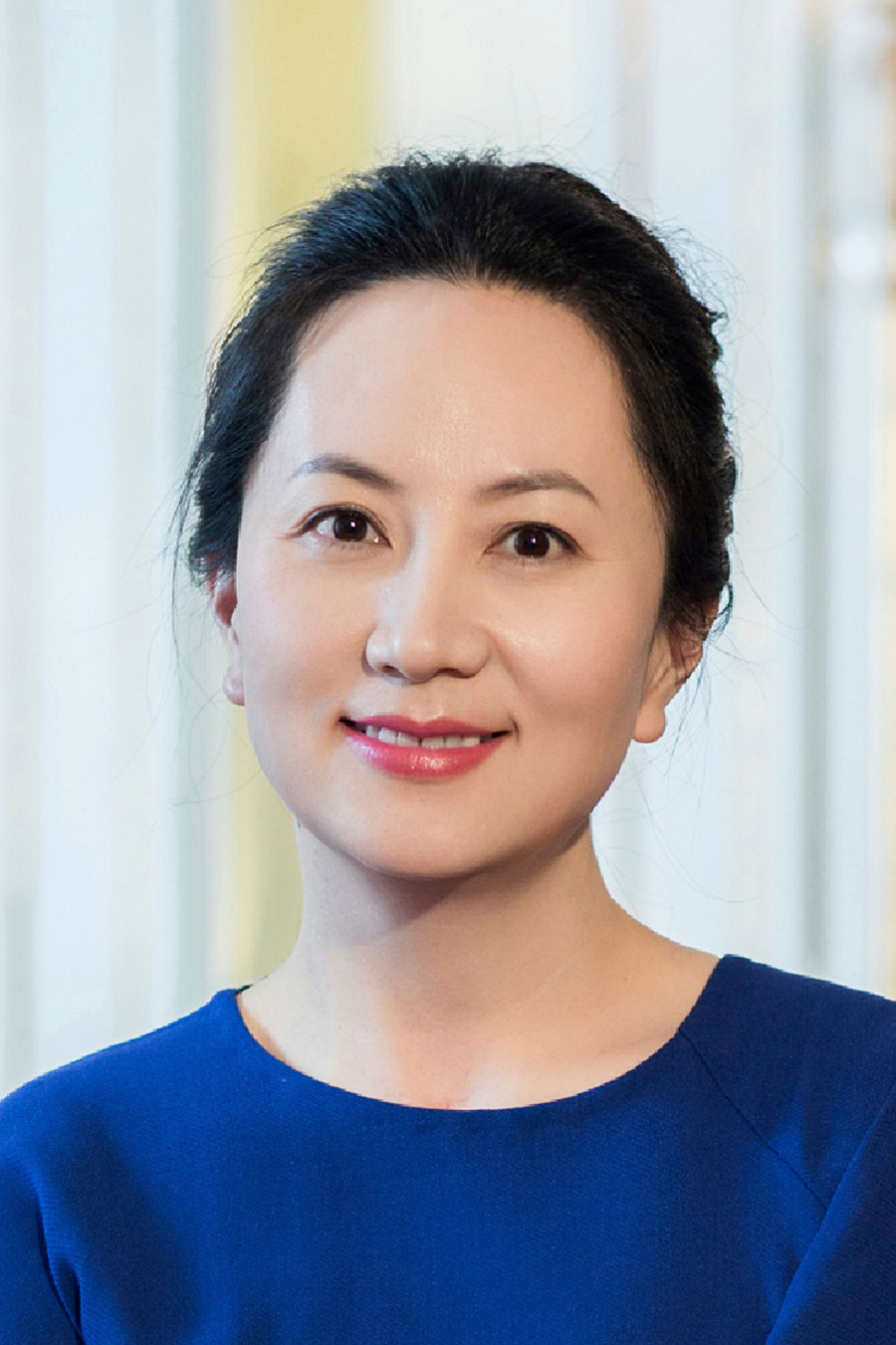China appeared to intensify its punitive campaign against Canada over the arrest of a top Chinese technology executive as a second Canadian working in Beijing was detained by security officials and dropped out of contact with his government.
The second case involves Michael Spavor, a writer and entrepreneur who operates a cultural organisation that promotes trips into North Korea. A newspaper linked to the provincial government in Liaoning, along the border with North Korea, reported that he had been detained by security officials there on charges of 'engaging in activities jeopardising China’s national security'.
Spavor gained prominence for helping arrange the visits there by Dennis Rodman, the former NBA star. During one of those visits, Spavor met the country’s reclusive leader, Kim Jong-un, and in appearances in Beijing he would fondly speak about their friendship, although the extent of it was not clear.
He posted notes on Twitter and Facebook on Sunday that he planned to travel to South Korea on Monday for several days of consulting work. He did not appear, as planned, at a lecture organised there by the Royal Asiatic Society, according to members of the group.
Chrystia Freeland, Canada’s foreign minister, disclosed the second case, and during a news conference on Wednesday, warned the administration of President Donald Trump not to further politicise what started as a legal matter: Canada’s arrest of Meng Wanzhou, the chief financial officer of Huawei, the Chinese technology company that the United States has accused of committing bank fraud related to violating sanctions against trade with Iran.
Freeland revealed the new case a day after China said that a former Canadian diplomat who was detained in Beijing had been employed by an organisation that was 'not registered in China legally'.
The Beijing News, a state-owned newspaper, later reported the state security agency was investigating the former diplomat, Michael Kovrig, on 'suspicion of activities that endanger China's national security'. The report signaled the possibility that Kovrig, now a researcher with the International Crisis Group, could be prosecuted on more serious charges.
Freeland said the Canadian government was deeply concerned about Kovrig, who was detained on Monday night in Beijing, and was seeking access to offer him consular assistance. She said that as a diplomat he had been an employee of the foreign ministry.
'The fact that he is an employee of my department means a lot of us know him and that adds another layer of concern,' she said. 'We care and we work and fight hard for every Canadian detained abroad.'
Discussing the second case involving Spavor, Freeland said he had reached out to Canadian officials 'because he was being asked questions by Chinese authorities'.
'We have not been able to make contact since he raised those concerns,' she said.
The opacity surrounding the two cases sharply contrasted with the public proceedings that unfolded over three days in a Vancouver courtroom after the arrest of Meng. After three days of court hearings, where she was represented by lawyers, Meng was released on bail on Tuesday evening, pending further deliberations on whether she should be extradited to the United States.
'I am in Vancouver and back to my family,' she wrote on Wednesday afternoon Beijing time in a post on Weibo, China's social media platform. 'I am proud of Huawei and I am proud of my motherland.'
In the state news media, China had explicitly warned Canada of retaliatory steps if it did not release Meng immediately. Her release on bail appeared to have done little to defuse the tensions. Freeland said that Chinese officials, apparently in diplomatic contacts with their counterparts, had not framed Kovrig’s arrest as a 'reprisal'.
'It is important to stress that,' she said, adding that relations between Canada and China were important for Canada.
Freeland also appeared to take Trump to task for his suggestion, in an interview with Reuters, that he would willingly intervene in Meng's case if it would help resolve the trade disputes that have soured relations over the last year.
'Our extradition partners should not seek to politicize the extradition process or use it for ends other than the pursuit of justice,' she said. She said she had spoken to secretary of state Mike Pompeo about the case earlier in the week and had stressed that Canada was a 'rule-of-law country'.
She added that it was up to Meng's lawyers whether they decided to choose to raise the comments as part of their effort to block extradition. Then it would be up to the Canadian judicial process to weigh the significance of Meng's lawyers' defence.
Citing comments by Canada's ministry of justice, she said if the Canadian courts decided that the legal threshold for extradition was met, the Canadian attorney general would make the decision on whether Canada should proceed.
c.2018 New York Times News Service













